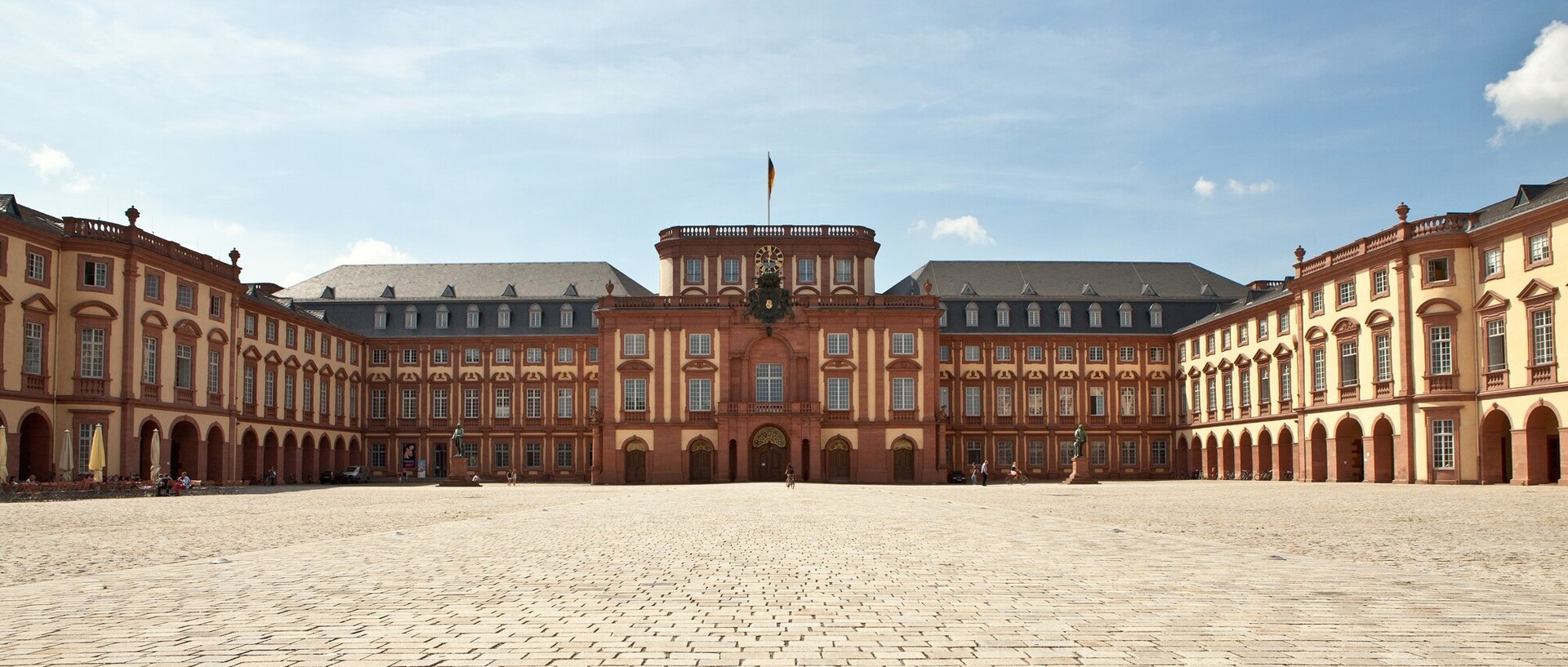Collaboration
To achieve our goals, intensive communication and close collaboration between researchers from different projects and disciplines are necessary. To foster a vibrant research environment, we will implement innovative measures for multidisciplinary communication and collaboration. These include:
Project kick-off meetings
To integrate projects from area A with projects from areas B, C and D, we plan to conduct project kick-off meetings for all projects where, for example, project members from area A participate in the planning phase of substantive projects from the other areas, thereby ensuring an integration of theoretical, methodological and empirical research perspectives right from the beginning.
Research sprints
We will also implement a dynamic element where researchers from different disciplines, projects, and project areas who have a common interest in specific methodologies and data types work intensively together for a period of time (a semester, for example). We call this dynamic element a research sprint. Such a research sprint could, for example, gather MCCR researchers who are interested in using text-as-data methods or in studying the relationship between individual well-being and political preferences, and work intensively together during a semester. Established formats for communication like seminars, and lectures by guest researchers will be accompanied by ideation, reflection, and feedback workshops as well as retreats which will increase spatial proximity between the members of the MCCR and stimulate communication and feedback. Research sprints will thus provide a (multidisciplinary) platform via which MCCR members can become more familiar with and learn from each other. This will increase communication between MCCR researchers and their productivity. It will also help build a shared identity among all researchers who contribute to the MCCR.
Incentive system
We will combine research sprints with an incentive system for principal investigators (PIs) of the MCCR. PIs can apply for a reduction of their teaching and administrative duties to focus on MCCR research for the duration of a semester. The selected PIs will design a research sprint in a way that will help boost their own research and related MCCR projects by pushing forward ambitious research undertakings that require uninterrupted focus and communication with other PIs. To ensure that PIs can focus on research, organizational issues of research sprints will be taken care of by the MCCR management. We are convinced that the innovative tool of research sprints combined with an incentive system for the PIs will
- prove helpful in coping with well-known problems of collaborative research such as fragmented research activities, a lack of time or a lack of communication between researchers.
- help boost and improve the research output of both the PI who is responsible for the research sprint and the MCCR as a whole. Over time, these effects will cumulate and boost the research activities at the MCCR.
Regarding the research sprints, we strive to collaborate with the Center for Advanced Studies (CAS), which the University of Mannheim is aiming to establish. The CAS is supposed to improve the conditions for successful institutional collaborative research by providing scholars with access to a fellowship program, which grants them space and time over a defined period to work on an interdisciplinary research idea.
